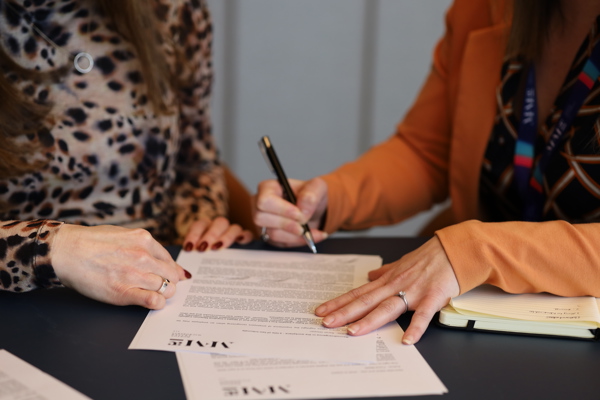While we still deal with rural property, Morton Fraser MacRoberts no longer carries out the legal work relating to the purchase of residential property in urban areas. We still continue to advise clients on the Scottish and UK taxes which might affect them. There are taxes which might apply both during the period of ownership and on sale, and we also advise on wider succession planning which should be considered. Many clients often have questions prior to buying property on how to structure such a purchase (should an entity like a company or trust be used for example) and we advise on all of these points to ensure the purchase is structured in an appropriate way.
The taxes which apply, will ultimately depend on what the property is going to be used for, who is going to be living in the property and who is going to be the registered owner of the property but the following points should all be carefully considered at the outset:
Purchase Tax - Land and Buildings Transaction Tax ("LBTT")
Scotland has a different acquisition tax regime from the rest of the UK. In Scotland, LBTT will apply on the purchase of the property. The rate depends on the purchase price paid and for residential property, ranges from 0% - 12%. In addition, many buyers will be subject to the Additional Dwellings Supplement which is a 4% additional charge which applies where the buyer already owns another property and isn’t replacing their main residence. Many entities (for example companies) will automatically be subject to the Additional Dwellings Supplement, whether or not they own other residential property.
Tax on Income
If, after purchase, the owner decides to rent the property, the income will be assessed under the UK income tax rules (or for a company, the corporation tax rules), even if the buyer is non UK resident. Depending on the owner's personal circumstances, a tax free allowance may be available which would reduce the income tax which might otherwise be due but this won't necessarily be the case with non UK resident owners of property. If it is anticipated that the property will be let to generate an income, it would be sensible for advice to be taken prior to the purchase being finalised as there may be an opportunity for title to the property to be taken in a manner which will minimise the income tax which might otherwise be due. As with all of the taxes, the interaction with the other taxes and the individual's personal circumstances needs to be considered too.
Non resident owners of UK property which is to be let should also seek advice on the non resident landlord tax regime which sets out a specific procedure to be followed in terms of reporting to the UK tax authorities. This also affects the collection of rent and whether this can be received without a tax deduction being made.
Annual Tax on Enveloped Dwellings ("ATED")
For those who decide to buy the property using a company (UK or overseas), advice should be sought on the ATED rules. Depending on the value of the property and the intended use of the property, an annual charge starting at £3,650 may apply.
Capital Gains Tax ("CGT")
CGT, charged at either 18% or 28% in relation to residential property, may apply in the future, when the property is either gifted or sold. This can potentially be minimised by taking the right advice at the very outset on how to structure the ownership of the property. If the property is gifted or sold in the future, it is also important to remember that non residents must report the disposal to the UK tax authorities within 30 days of making such a disposal.
Succession Planning and Inheritance Tax ("IHT")
When buying a property in the UK, it's also important to consider the impact this might have on succession arrangements. This is both in terms of practical arrangements and considering whether Wills need to be updated/ prepared and also in terms of UK IHT which is charged at a rate of 40%.
It is recommended that advice is taken at an early stage of the process to consider how the property purchase might affect estate and succession planning generally. For those who will be spending time in the UK, having a property in the UK may also impact the tax residency position which relates to how the UK taxes worldwide income and gains. This, in turn, could affect domicile which is the relevant concept for determining whether worldwide assets could be brought into assessment for UK IHT on death. Our tax and legal specialists will help you plan properly for this.
How Morton Fraser MacRoberts Can Help?
These various taxes and the different ways in which they affect properties owned by individuals, trusts and companies, can seem to be paint quite a complex picture. However, at Morton Fraser, we have the experience and expertise to make the picture clearer. We will discuss your personal circumstances with you and advise you on the best strategy for making your purchase in Scotland.


